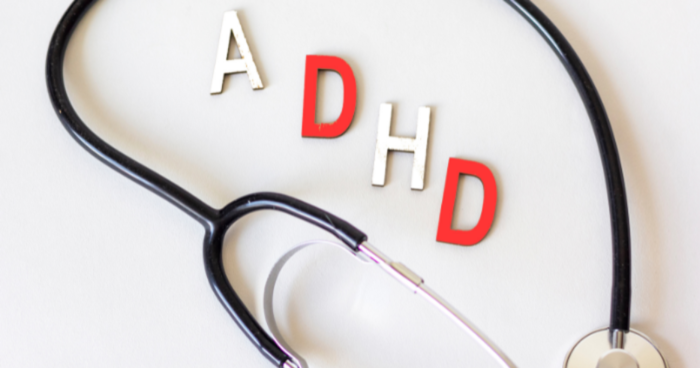
Imagine your mind gets stuck on certain thoughts or fears, like a broken record that won’t stop playing. That’s a bit what it’s like for someone with Obsessive-Compulsive Disorder, commonly known as OCD. It’s a condition where a person has recurring, unwanted thoughts (obsessions) that make them feel driven to do something repetitively (compulsions). Understanding OCD can be tricky, but recognizing its symptoms doesn’t have to be. Let’s break it down into simpler terms to help spot the signs.
1. Obsessions: The Unwanted Guests in Your Mind
2. Compulsions: The Actions You Feel You Must Do
Understanding the Impact People with OCD often know that their thoughts and actions don’t make much sense. They don’t do these things because they want to, but because they feel they can’t help it. These behaviors can take up a lot of time and get in the way of daily life, making it hard to get through the day.
It’s More Than Just Being Tidy It’s important to note that OCD is more than just liking things clean or being very organized. It involves thoughts and fears that can cause a lot of distress and feelings that you have to perform certain actions, even if you don’t want to.
Reaching Out for Help If you or someone you know is showing signs of OCD, it’s important to reach out for help. Talking to a healthcare provider can be a good first step. There are treatments, like therapy and sometimes medication, that can make a big difference.
Understanding OCD can be the first step toward getting the right help and moving toward a happier, healthier life. Remember, it’s okay to ask for help, and it’s possible to manage OCD with the right support and treatment.


